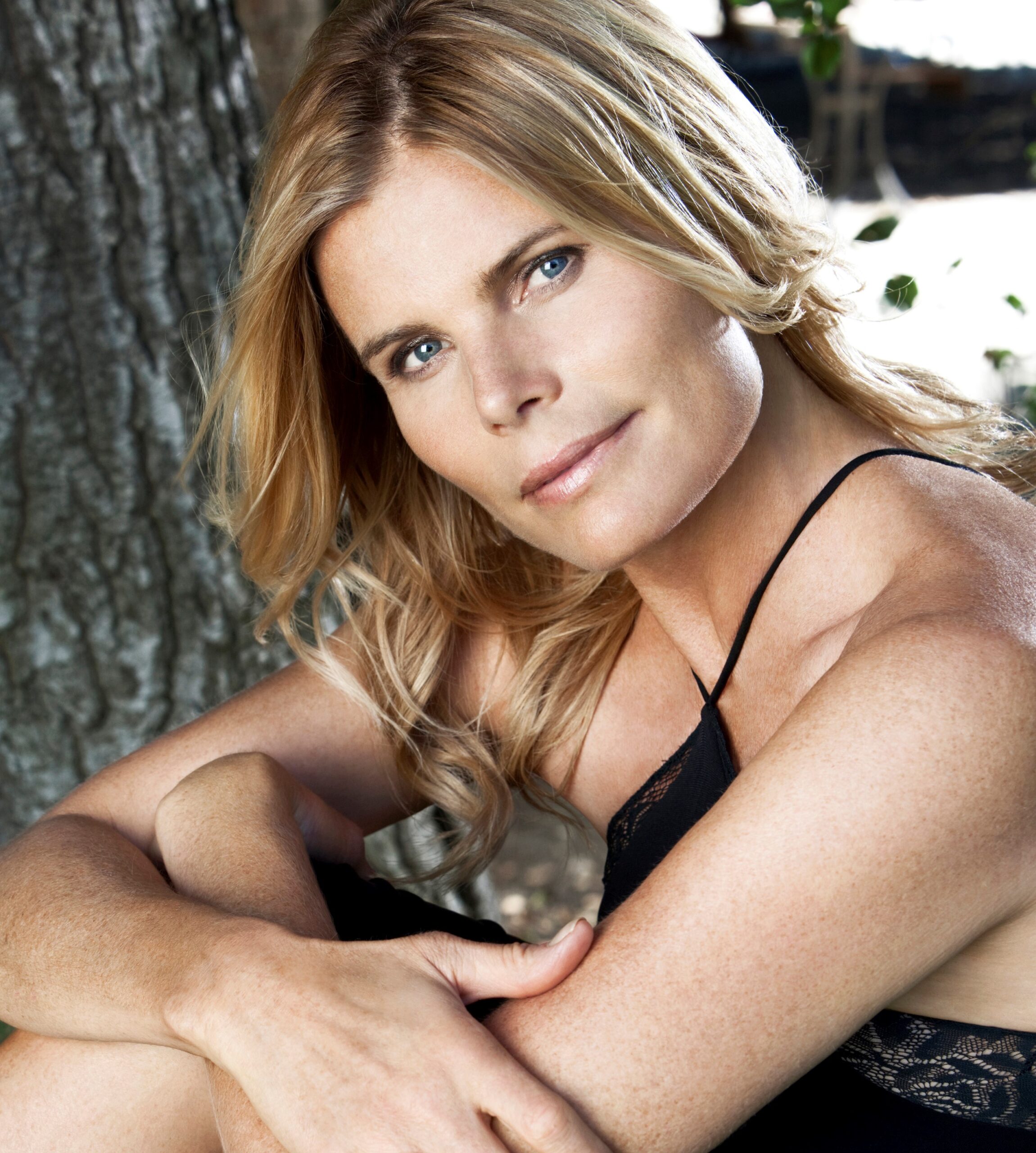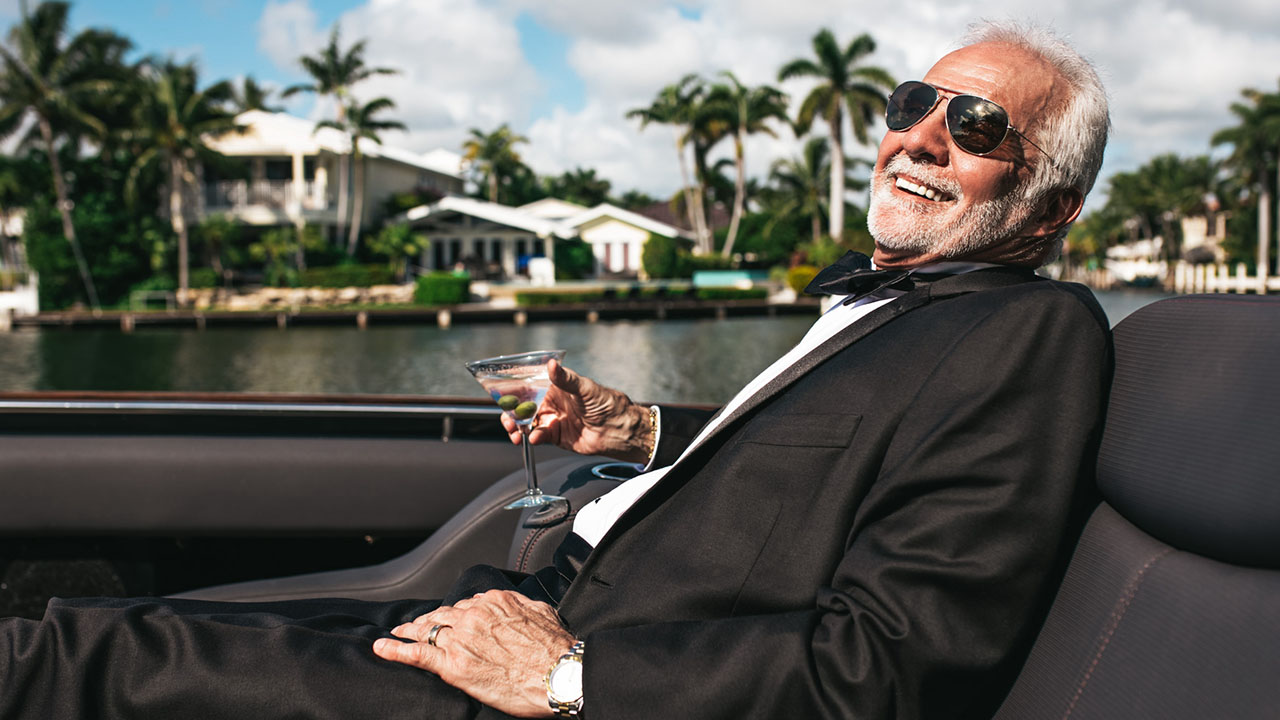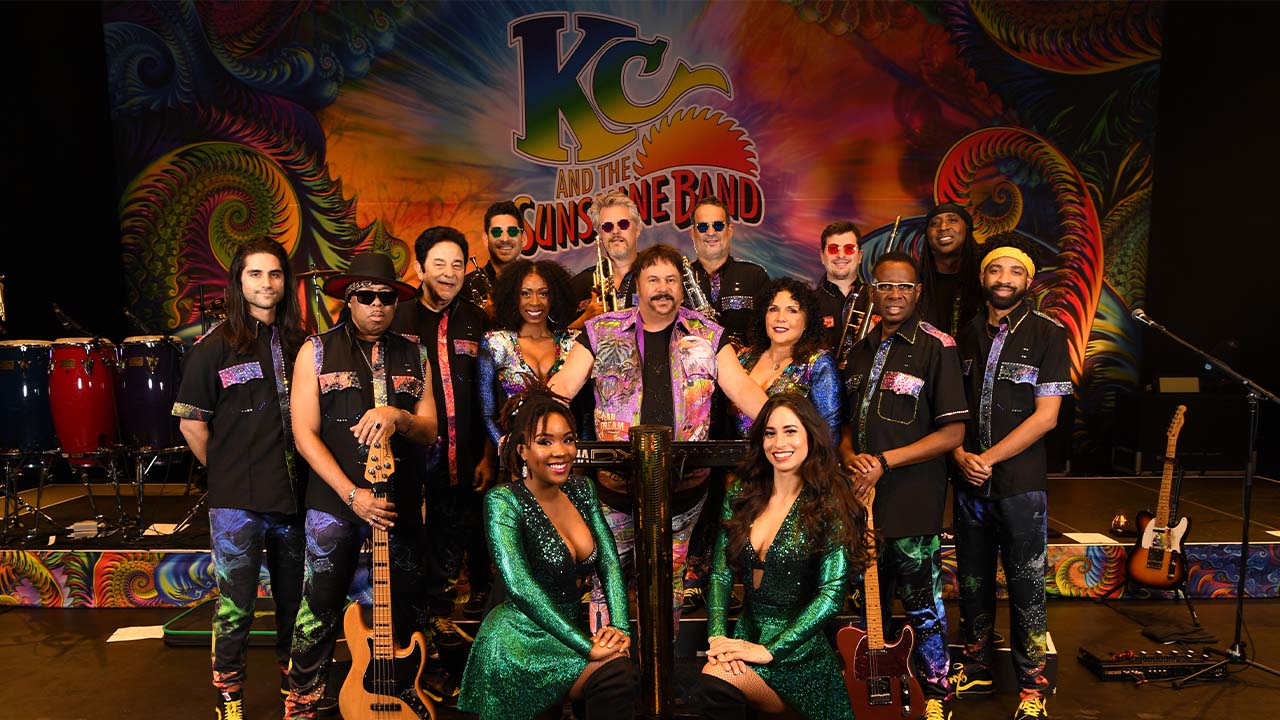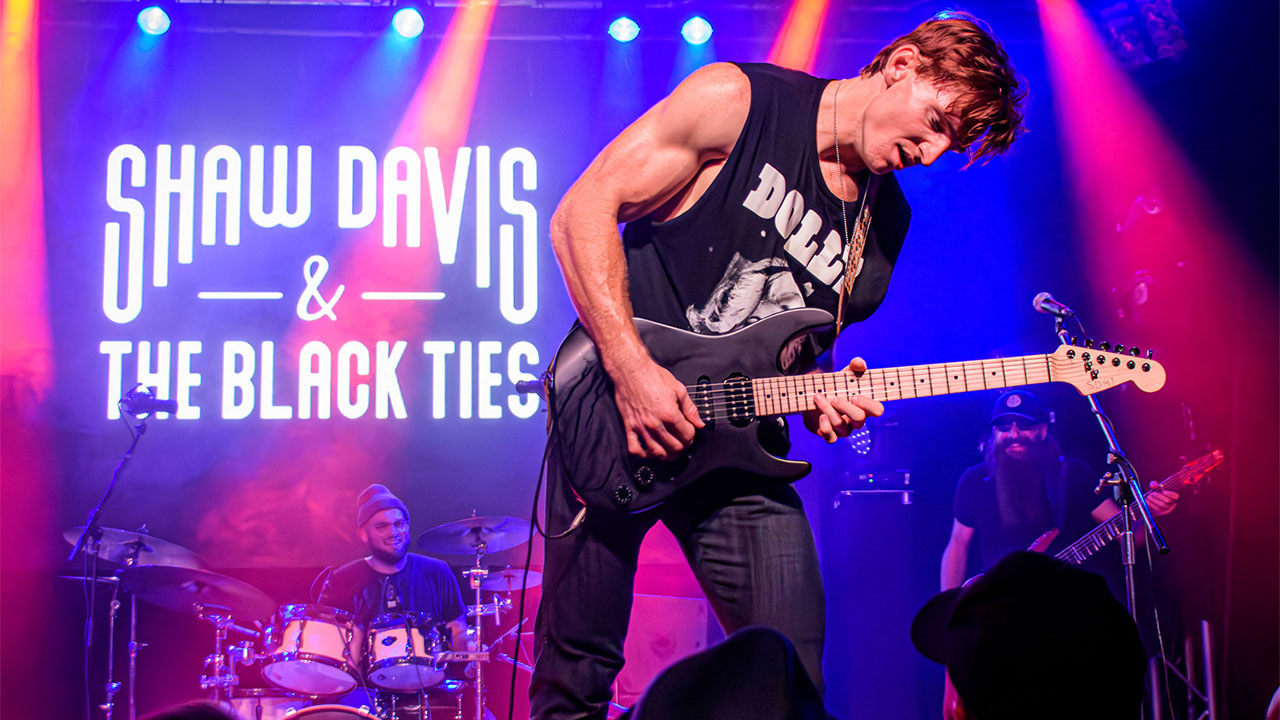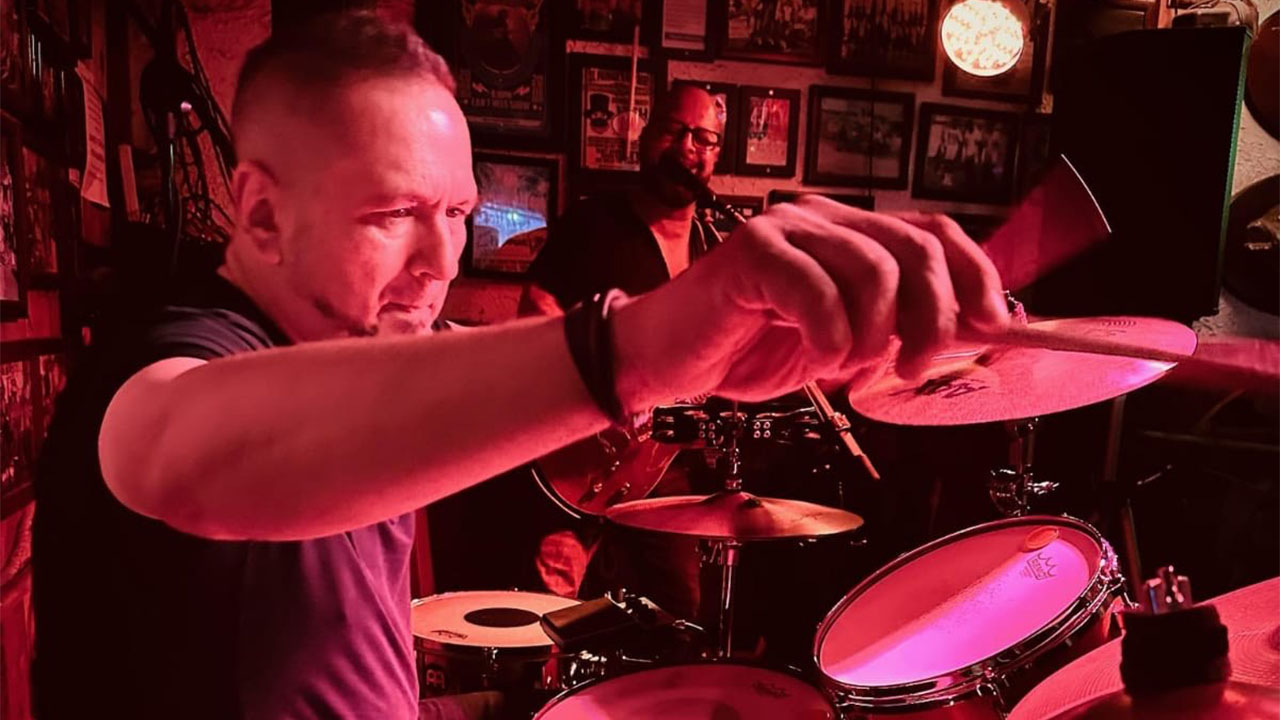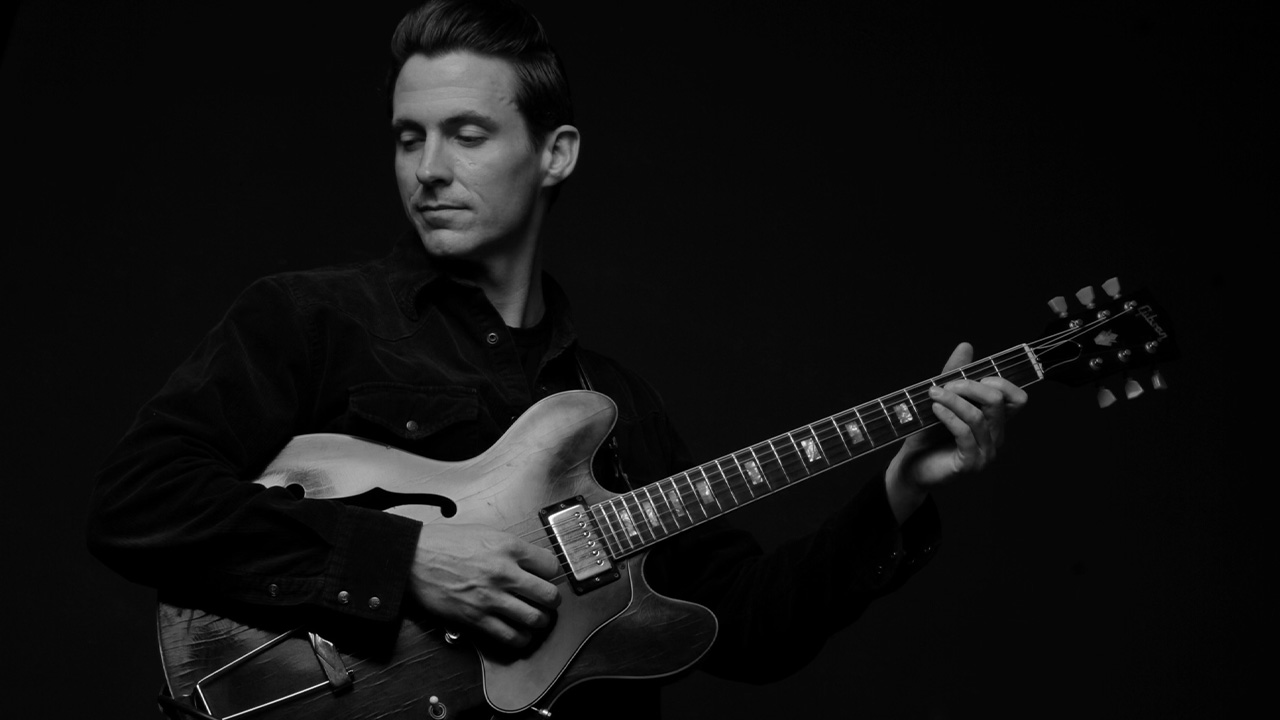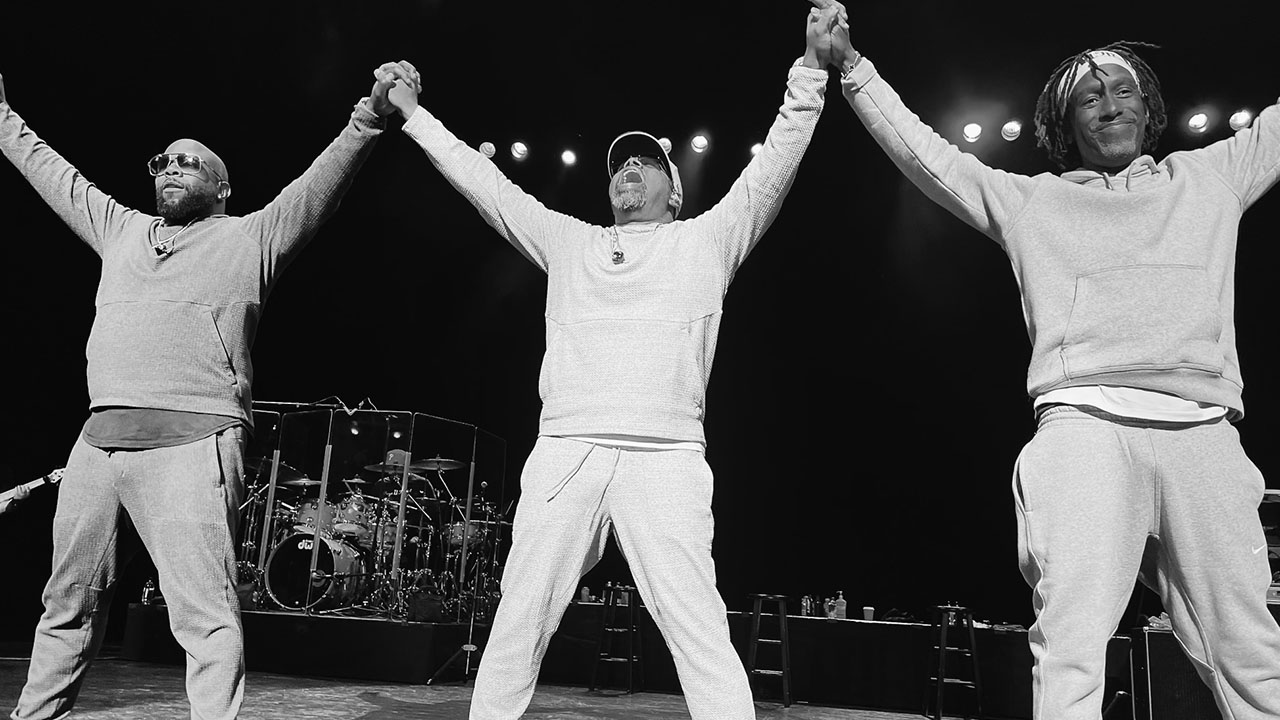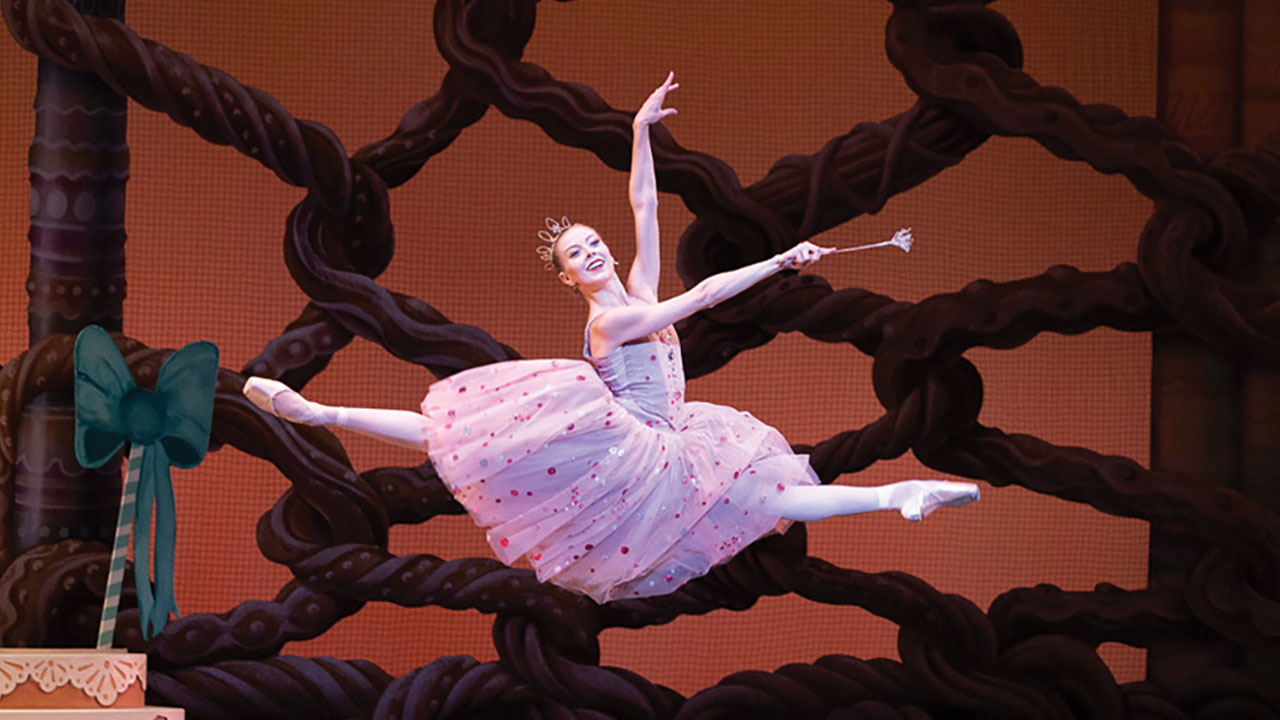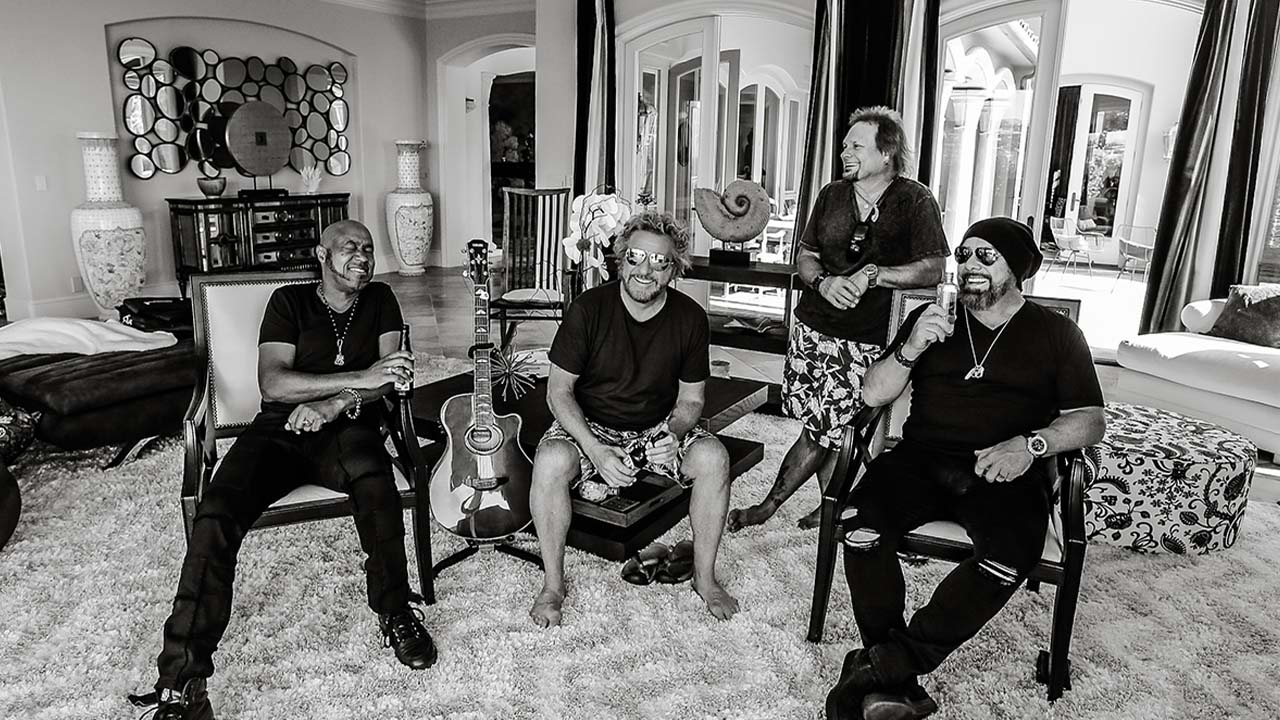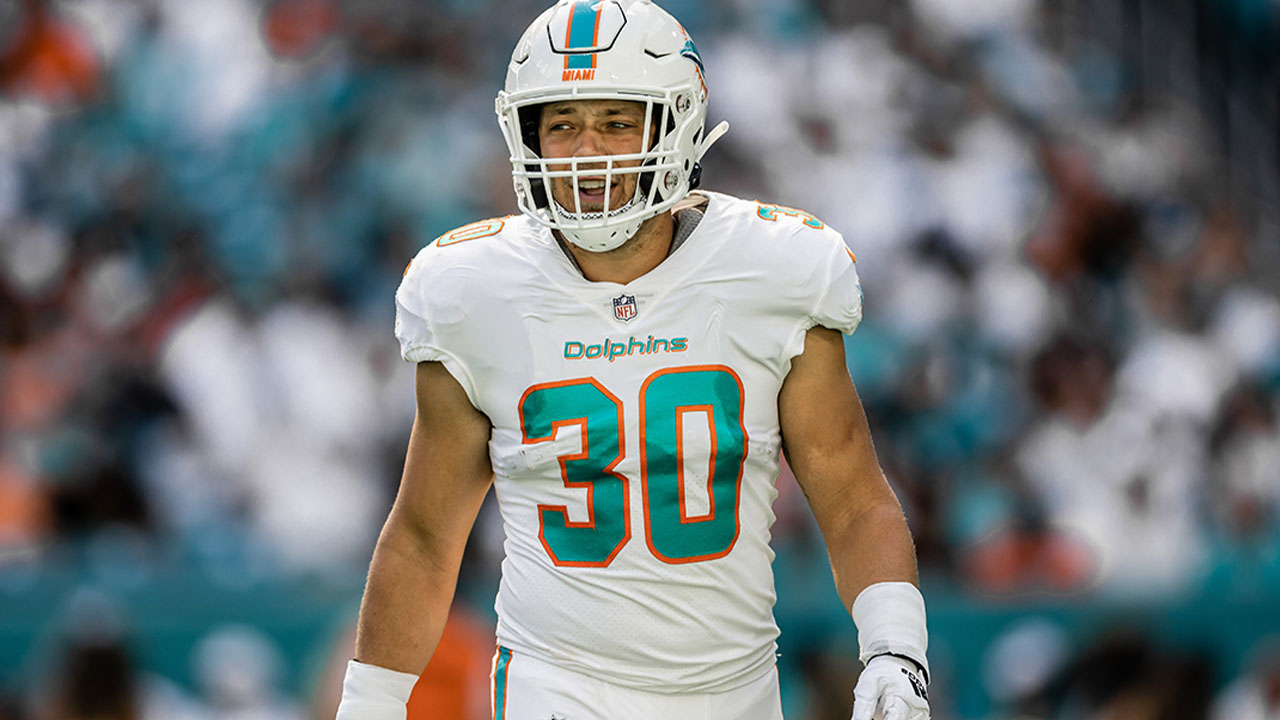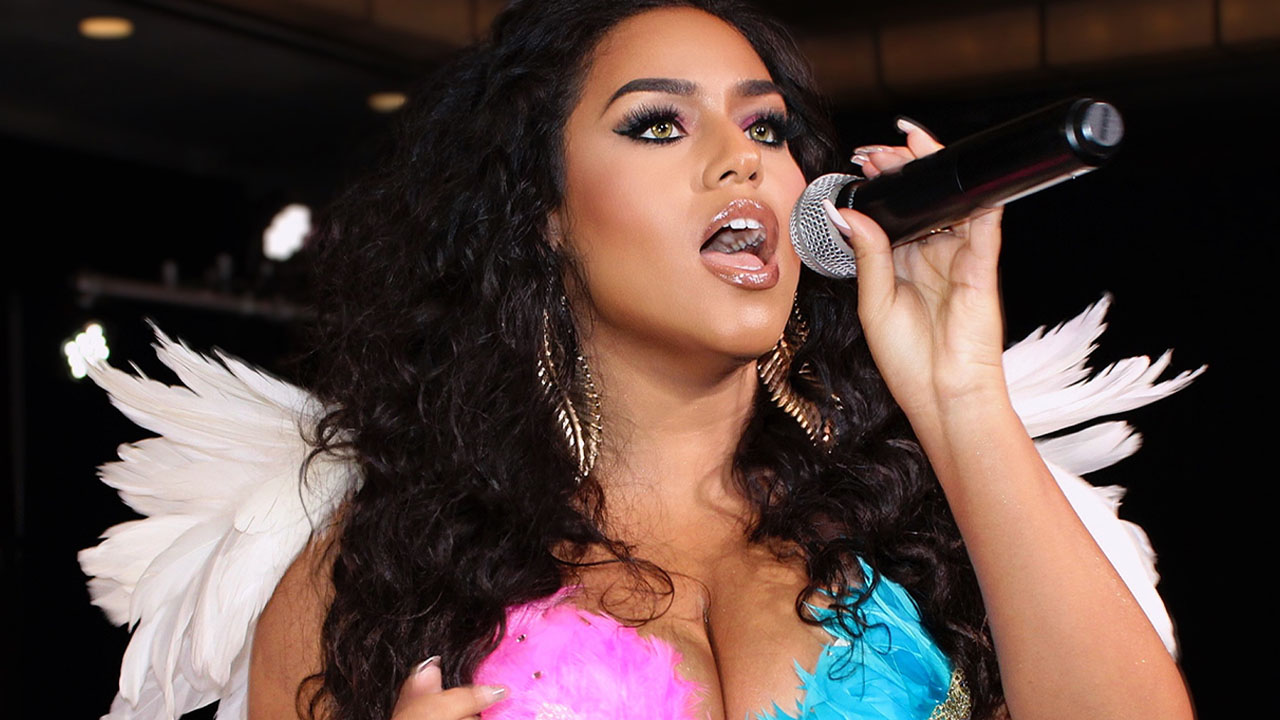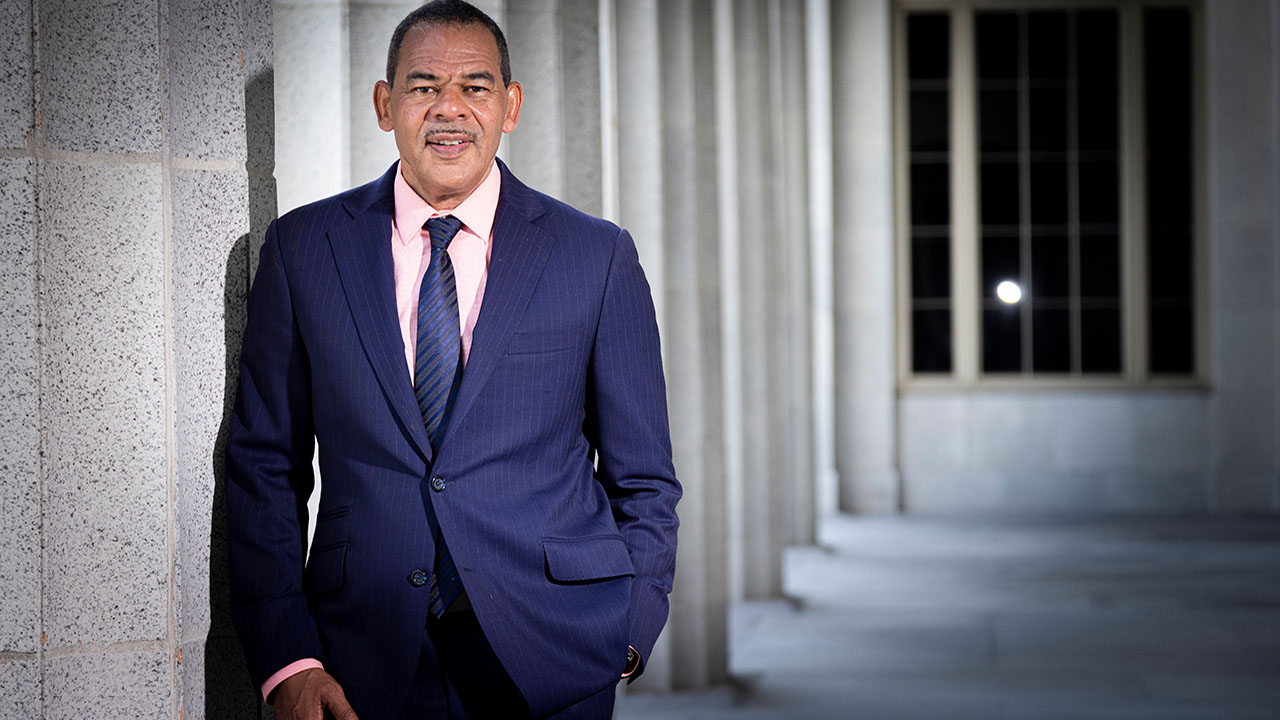When asked if, even 15 years ago, she could’ve have envisioned herself as a national spokesperson for mental health challenges, Mariel Hemingway doesn’t mince words.
“Back then, it was about survival for me,” says the actress who rose to fame in the late 1970s and early 1980s with movies like Personal Best, Star 80 and Manhattan (for which she was nominated for an Oscar), “I didn’t realize how my family’s addiction [and other issues] were so prevalent with so many others.
“I was just trying to avoid it.”
In 2013, Mariel confronted her storied family’s painful legacy with heartbreaking candor in the documentary Running From Crazy by award-winning filmmaker Barbara Kopple. The granddaughter of famed author Ernest Hemingway addressed the web of alcohol and substance abuse, depression and suicide in which so many family members became entangled (indeed, Mariel notes in the film that seven in the Hemingway family had committed suicide, including Ernest in 1961 and her sister and supermodel Margaux in 1996).
In the years since the documentary (followed two years later by her memoir, Out Came the Sun), Mariel has traveled the country promoting peace of mind through a holistic lifestyle approach—and advocating for mental health awareness. Hemingway recently served as keynote speaker at the “No Excuse for Abuse” event hosted by Alpert Jewish Family Service of Palm Beach County.
Speaking to Lifestyle from her home in Idaho, Mariel, delightfully engaging and thoughtful throughout the conversation, addressed some of the wisdom she’s gleaned over the past decade-plus.
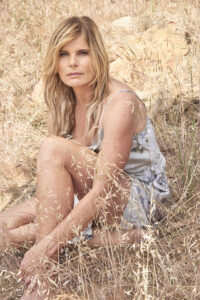 One of the outcomes of sharing your story with such candor is that people share their own stories with you. Are you comfortable with being a guiding light for people or are there times where it’s tough to continue talking about the past?
One of the outcomes of sharing your story with such candor is that people share their own stories with you. Are you comfortable with being a guiding light for people or are there times where it’s tough to continue talking about the past?
It’s gotten to the point where my story no longer affects me. I mean, it does. But it’s not how I define myself. It’s healing for me to tell the story again and again. I learn something new about my family, about myself, about communication, about the fact that so many people have similar stories.
We all share in this. The facts may not be the same, but our innate gut and emotional response to what has happened to us in the past is similar. When people start to understand that they’re not alone in their story, then they can let the story go.
But, first, you have to tell it.
What I encourage people to do is find somebody that you feel safe with— a friend, a doctor—and tell your story. Or journal about it. It’s so important as far as understanding where you come from. From there, you can begin to unravel your triggers, things that that cause you to be out of balance.
What did the deep dive into your family’s history tell you about yourself?
The only way to figure out what I needed to do for me was to delve into where I came from and the patterns that were … I don’t even want to say genetic, because I think we all have choices. Yes, there might be genetic propensities for things. But I also think that our lifestyle choices can steer that ship in a healthy direction.
But you have to dig deep. You have to understand yourself. Along the way, you also need to understand—emotionally and intellectually—that memories can’t hurt you. They don’t have daggers, they don’t have guns, they’re not going to shoot you. They’re just memories.
Still, to release the trauma, to progress in life as adult, you have to understand what the trauma is.
As the story goes, you were reluctant at first to delve into your family’s history for the documentary that became Running From Crazy. Why were you hesitant and what changed?
My friend was working with Oprah [Winfrey] at the time, and she wanted me to tell my family story.
And I said, “Why? They’re crazy.”
She said, “That’s exactly right. That’s why you have to tell it.”
I hadn’t completed my own deep dive at that point. But finally doing [the research and documentary], having it come out, and then starting to speak about it was so liberating. I kept learning more and more and more, and I was able to release more.
I’ve gotten to the point where, now, I have a wealth of understanding about so many different ways that you can find a balance in your life. And I just want to share that with others.
I have a very real story; it’s not more special than anybody else’s. But I do have a platform. And people will listen. If they listen, it might wake awaken in them some sort of “aha” moment. Maybe there’s a way not to feel anxious every day, not to have insomnia—or whatever it is.
So, yes, I was reluctant. But then I started to realize how profound and amazing it was to share with other people.
Plus, it healed me.
Do the stories people are sharing with you ever produce insights that, perhaps, you didn’t expect?
Oh, 100 percent. And not necessarily like, “Oh, that happened to me too,” kind of understanding. It’s more of an unraveling of how the human psyche works. You have a greater understanding of how you’re affected by the simplest things, like how you wake up in the morning.
My life now is so incredibly balanced—but it’s based on the choices I make every day. When I speak, or when I interact with people after a talk, it can reveal to me something that maybe I wasn’t paying that close attention to.
We’re designed to be healthy, balanced and healed. But our belief systems want us to think otherwise. Maybe they’re tied to society, or tied to somebody trying to sell you something and make you believe that you don’t know things.
But you are your best teacher. You know you better than anyone else. You have the solutions. Now, you may need help getting there. But the solutions for you lie within your being.
You’ve talked about leaning into yoga and its benefits. But you’ve also pursued some alternative paths, including the “primal scream.” Have you ever experimented with ayahuasca or any of the psychedelics that are gaining in popularity?
I’m too afraid of drugs. Because I think I have very delicate brain chemistry, I worry that ayahuasca would be a severe thing for me.
That said, I do understand that there are amazing solutions being discovered for people with mental health issues. My concern is that people are not experiencing these solutions with qualified [professionals]. Someone goes to a 48-hour retreat, and suddenly they’re a shaman who can guide you through this experience? I want to be in a very controlled, a very safe and a closely regulated environment.
You had such self-awareness about addiction and self-medication in your family that you were even wary of prescription drugs that could have helped with your period of depression, true?
I’ve been such a health fanatic. And, again, I’m not saying that those medications can’t help. I do believe they can be very helpful to people—especially when there are breakdowns or psychotic events in your life or deep depression. It’s like giving yourself a break to figure out what the solution is.
I never wanted to do that. I was scared of it. I also watched my sister on so many [selective serotonin reuptake inhibitors] that caused all kinds of weird things. That wasn’t for me. I wanted to figure it out with holistic methods.
I was depressed, but I figured it out for me. My solution is not everybody’s solution. But I do believe that choosing a lifestyle that enhances your brain balance is never not a choice for somebody who suffers from any kind of mental health issue. To me, that’s just living life in a conscientious and thoughtful way.
We should all do that. We should all be aware of how we wake up in the morning, of the food we eat, of whether we drink water and get sun. These things are proven to help the brain stay in balance.
It’s not the sole solution. But, for me, it was. I know how to eat, I know how to live my life—and I’m a happy person.
I love myself. I never could have said that 25 years ago.
What do you share with people about sifting through the unanswered questions that suicide raises?
The most important thing is to know that those of us who were left behind are not invaluable. And we’re not invisible. It’s very hard to be the person left behind because you do feel abandoned and hurt and angry and scared. You wonder what you could have done.
But it’s important for people to really understand: There was nothing you could do.
Yes, there are signs that you can be aware of. But it’s very challenging. There are no cut-and-dry, one-through-10 solutions to [someone’s mental health issues]. So, to say “Why didn’t I see that?” Or “Why didn’t I do more?” Those are questions that you can’t answer.
Part of what I share is the idea of giving people a break and saying, look, it’s not your fault. You didn’t do anything. And, by the way, we know you’re in pain too. And we can see that pain.
It’s acknowledging their feelings.
You’ve talked about the importance of reaching kids, teens and young adults with your story. Why has that been so important for you?
I think that’s when I was most confused—and most depressed, without even knowing it. When you’re a kid, you think, this is my life—and it sucks. I was bullied. I was dumped. I have anxiety about school. Everything is overwhelming. I feel so much pressure.
And they think it will never change—because they don’t have a wealth of experience. Adults know things change; we’ve lived through it.
If we can get young people help early, then it doesn’t move through the generations. It doesn’t turn into addiction. Or turn into self-abuse—or abuse to a partner in a relationship. We [need them to] understand that what they’re going through is not permanent.



